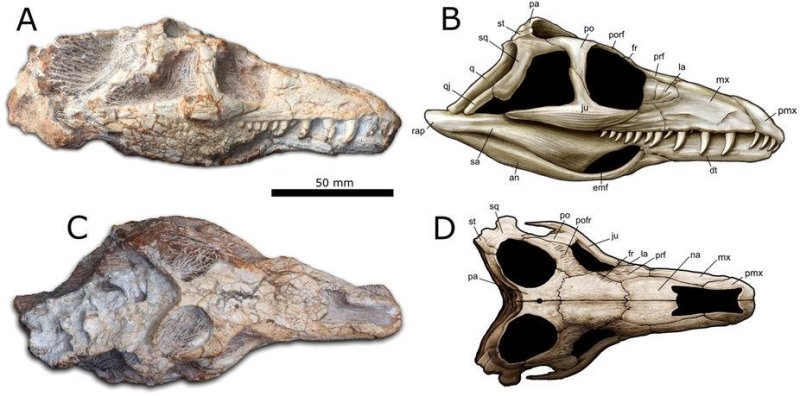 The possibility that we earthlings are not truly alone in the universe has gained some added credibility, thanks to a new study that coincides with NASA’s recent planetary discoveries. The research, published in the journal Astrobiology last week, suggests that more planets in the Milky Way galaxy may harbor advanced civilizations than we previously imagined.
The possibility that we earthlings are not truly alone in the universe has gained some added credibility, thanks to a new study that coincides with NASA’s recent planetary discoveries. The research, published in the journal Astrobiology last week, suggests that more planets in the Milky Way galaxy may harbor advanced civilizations than we previously imagined.
Study co-authors Adam Frank and Woodruff Sullivan looked at recent discoveries of potentially habitable exoplanets and considered the odds of whether sophisticated civilizations existed on them in the past or present.
Alien Civilizations May Number In The Trillions, New Study Says
Deadly ISIL suicide attack hits Iraqi gas plant
 An ISIL (Islamic State of Iraq and the Levant) attack on a state-run gas plant in Baghdad's northern outskirts on Sunday killed at least 11 people, including policemen, and forced two power stations to suspend electricity production.
An ISIL (Islamic State of Iraq and the Levant) attack on a state-run gas plant in Baghdad's northern outskirts on Sunday killed at least 11 people, including policemen, and forced two power stations to suspend electricity production.
A suicide car bomb went off at the entrance of the facility in Taji at around 0600 local time (0300 GMT), allowing another vehicle carrying at least six attackers with explosive vests to enter and clash with security forces, police sources said. Twenty-one people were also wounded.
Big discovery about Vikings just came from space
 A "high-tech Indiana Jones" may have just done what no one else has been able to for 55 years: find a second Viking settlement in North America, the Washington Post reports. "Typically in archaeology, you only ever get to write a footnote in the history books, but what we seem to have at Point Rosee may be the beginning of an entirely new chapter," archaeologist Sara Parcak tells the BBC.
A "high-tech Indiana Jones" may have just done what no one else has been able to for 55 years: find a second Viking settlement in North America, the Washington Post reports. "Typically in archaeology, you only ever get to write a footnote in the history books, but what we seem to have at Point Rosee may be the beginning of an entirely new chapter," archaeologist Sara Parcak tells the BBC.
Parcak used images taken by satellites 400 miles above the Earth to find what appeared to be evidence that Vikings made it hundreds of miles further into North America than previously known. Parcak has used the same technique to find 17 pyramids, 1,000 tombs, and 3,000 forgotten settlements. But this newest discovery could change everything we know about Vikings in North America.
New 250 million-year-old reptile species found in Brazil
 Paleontologists have unearthed the fossilized remains of a reptile that lived 250 million years ago in what's now the Brazilian state of Rio Grande do Sul.
Paleontologists have unearthed the fossilized remains of a reptile that lived 250 million years ago in what's now the Brazilian state of Rio Grande do Sul.
Researchers named the new species Teyujagua paradoxa and described it in a new paper, published this week in the journal Scientific Reports.
Yearlong spaceman back home in Houston with family, pool
NASA space champ Scott Kelly is finally back home in Houston with his family and the swimming pool that he craved throughout his yearlong absence from Planet Earth.
Before he could go home to his own bed Thursday, Kelly had to endure more medical tests to measure his body's adaptation to gravity.
Debate rages in courts over 'high-sensitivity' DNA analysis
One New York judge ruled the DNA evidence was scientifically sound. Another, just miles away, tossed it out as unreliable.
The same scenario is playing out in courthouses around the world amid a debate over whether a type of DNA analysis involving the amplification of tiny amounts of genetic material is reliable enough to convict someone for a crime.
Telescope used on Armstrong's moon landing finds new galaxies
An Australian telescope used to broadcast live vision of man's first steps on the moon in 1969 has found hundreds of new galaxies hidden behind the Milky Way by using an innovative receiver that measures radio waves.
Scientists at the Parkes telescope, 355 km (220 miles) west of Sydney, said they had detected 883 galaxies, a third of which had never been seen before. The findings were reported in the latest issue of Astronomical Journal under the title 'The Parkes HI Zone of Avoidance Survey'.
More Articles...
Page 9 of 61

 Science Glance
Science Glance






























